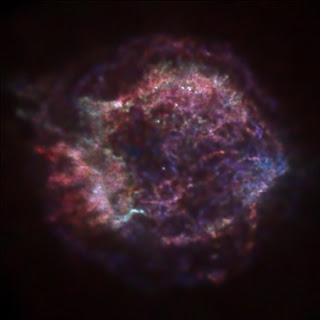
There are many approaches to studying physics, and many different kinds of activities in physics. There are two main types of activities in physics; the collection of data and the development of theories.
The data in some subfields of physics is amenable to experiment. For example, condensed matter physics and nuclear physics benefit from the ability to perform experiments. Sometimes experiments are done to explore nature, and in other cases experiments are performed to produce data to compare with the predictions of theories.
Some other fields in physics like astrophysics and geophysics are primarily observational sciences because most their data has to be collected passively instead of through experimentation. Nevertheless, observational programs in these fields uses many of the same tools and technology that are used in the experimental subfields of physics. The accumulated body of knowledge in some area of physics through experiment and observation is known as phenomenology.
Theoretical physics often uses quantitative approaches to develop the theories that attempt to explain the data. In this way, theoretical physics often relies heavily on tools from mathematics and computational technologies (particularly in the subfield known as computational physics). Theoretical physics often involves creating quantitative predictions of physical theories, and comparing these predictions quantitatively with data. Theoretical physics sometimes creates models of physical systems before data are available to test and validate these models.
These two main activities in physics, data collection and theory production and testing, draw on many different skills. This has lead to a lot of specialization in physics, and the introduction, development and use of tools from other fields. For example, theoretical physicists apply mathematics and numerical analysis and statistics and probability and computers and computer software in their work. Experimental physicists develop instruments and techniques for collecting data, drawing on engineering and computer technology and many other fields of technology. Often the tools from these other areas are not quite appropriate for the needs of physics, and need to be adapted or more advanced versions have to be produced.
The culture of physics research differs from the other sciences in the separation of theory from data collection through experiment and observation. Since the 20th century, most individual physicists have specialized in either theoretical physics or experimental physics. The great Italian physicist Enrico Fermi (1901—1954), who made fundamental contributions to both theory and experimentation in nuclear physics, was a notable exception. In contrast, almost all the successful theorists in biology and chemistry (e.g. American quantum chemist and biochemist Linus Pauling) have also been experimentalists, though this is changing as of late.
Although theory and experiment are usually performed by separate groups, they are strongly dependent on each other. Progress in physics frequently comes about when experimentalists make a discovery that existing theories cannot account for, necessitating the formulation of new theories. Likewise, ideas arising from theory often inspire new experiments. In the absence of experiment, theoretical research can go in the wrong direction; this is one of the criticisms that has been leveled against M-theory, a popular theory in high-energy physics for which no practical experimental test has ever been devised.
From : www.wikipedia.org
Entangled Ions Measure Time Faster
1 day ago





No comments:
Post a Comment